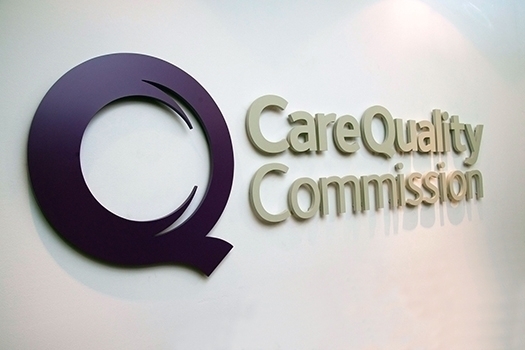Exclusive The CQC is ‘not going to be making any concessions’ for GP practices during inspections, despite acknowledging the pressures facing the sector, the watchdog’s new chief inspector of primary care has said.
Earlier this month, in its annual report on the state of health and adult social care in England, the CQC said that a ‘large group of GP practices’ have deteriorated to a lower rating due to ‘ongoing capacity pressures’.
But in an interview with Pulse, Dr Rosie Benneyworth, CQC chief inspector of primary medical services, revealed the regulator would not be loosening its approach to regulation.
Instead the CQC will be focussing more on how practices work with other services in their area because this could help to solve some of the pressures facing GPs, she said.
Dr Benneyworth said she wants GPs to see the CQC as a ‘critical friend’ that can ‘put a mirror up’ to practices to show where improvements are needed.
She said: ‘We’re not going to be making concessions, ultimately our purpose is to ensure that patients get high quality and safe care.
‘We know that practices are under huge demand and that’s making it very challenging.
‘But we are seeing different practices in different parts of the country really address those challenges by remodeling what they’re doing within their practice, working in conjunction with partner agencies across the local area, thinking about what their population needs are and how they can respond to those.’
She added: ‘The thing that we’re already starting to test out, but we’re looking at how we can expand, is actually when we look at our inspection’s key lines of enquiry, how much are people working in partnership with other organisations around them?’
Dr Benneyworth said in particular health services working with social care organisations was ‘crucial’.
She added: ‘Where I’d like to get to is that we are seen as part of the solution to practices improving – that we’re able to be seen as a critical friend who goes in, who can actually put a mirror up to the practice and help them identify where their priorities for improvement should be.’
Meanwhile, she said the CQC’s new approach of phoning highly-rated practices every year instead of inspecting them as often had helped to ‘build relationships between inspector and practice’.
She said: ‘It started to enable our inspectors to have a much better understanding of the context and the changes that are happening within the local area and within the practice. And it’s hopefully going to breakdown some of those barriers between the CQC and practices going forward.’
Pulse October survey
Take our July 2025 survey to potentially win £1.000 worth of tokens














